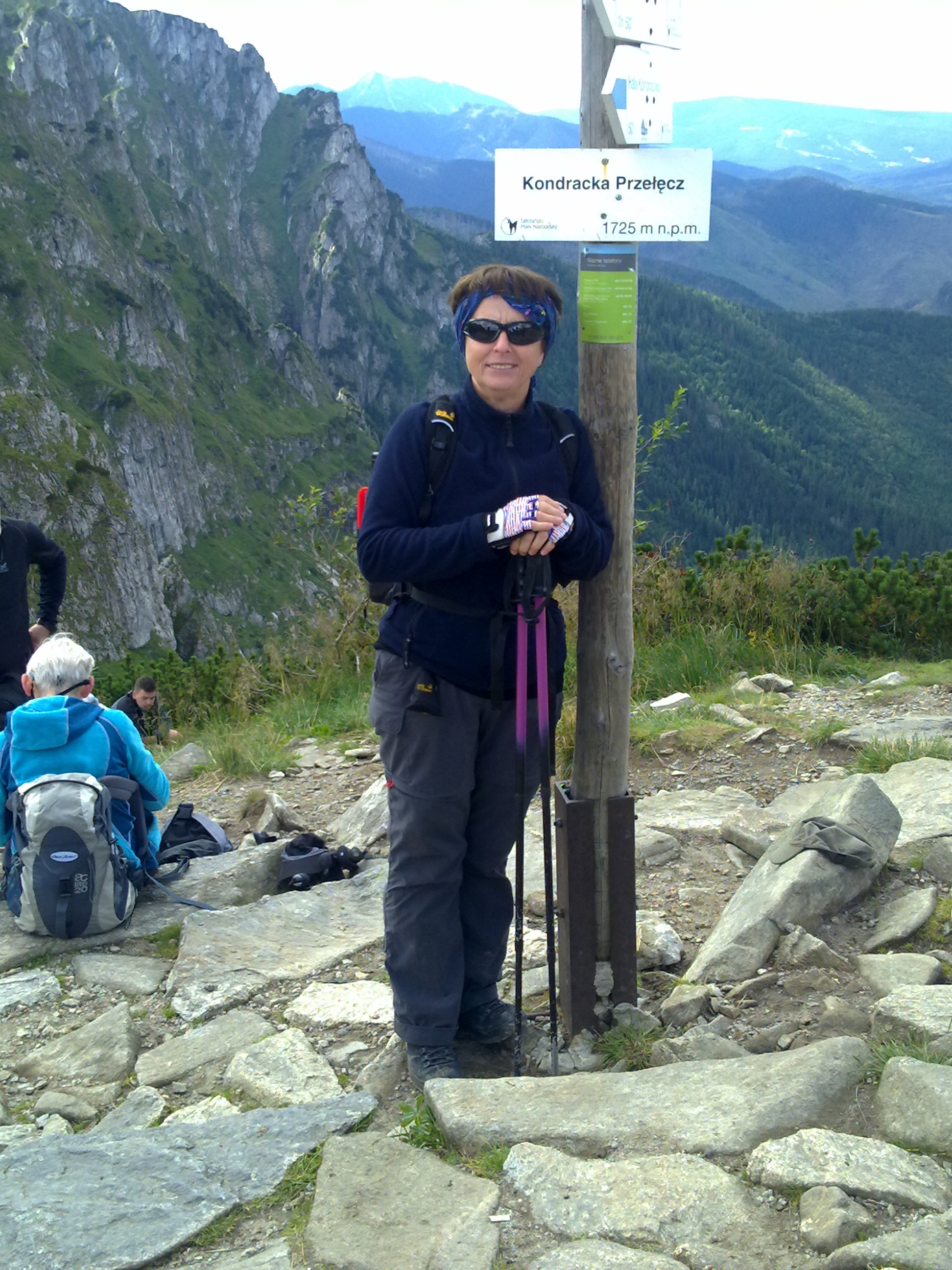How do you know that you know?
Professor Elżbieta Kotkowska, PhD, holds classes for students of Social Dialogue and Counseling, and Theology.

How do you know that you know? Where does this question come from?
We tend to thoughtlessly rely on popular beliefs, or other peoples’ common opinions, that lead to a stereotyped way of thinking and misconceptions about the world around us and the people we meet. Undoubtedly common judgements and opinions are there to simplify our life. Nevertheless we shouldn’t depend on them in decisive/consequential moments. We should rather try to reach the hart of things and discover their real nature.
What does that mean?
We should discover how fascinating and diverse the world and social relations really are, and feel encouraged to reflect on them, which, however, isn’t easy in today’s fast paced world. The skill I value most is the ability of individual critical thinking, that’s why during my classes I encourage students to be self-reliant and decide for themselves what they consider most important.
Conscious reflection helps us develop self-esteem and self-confidence. However, some issues may turn out to be too complex to be resolved on your own. In such situations, I recommend that you either rely on people you trust or seek the help of an expert.
All of this realates to Social Dialogue and Counseling. What about Theology?
Each moment of deep reflection leads to a spiritual discernment of our existance in relation to ourselves, to the world and to other people; it can even lead to transcendence, being an area of Theology.